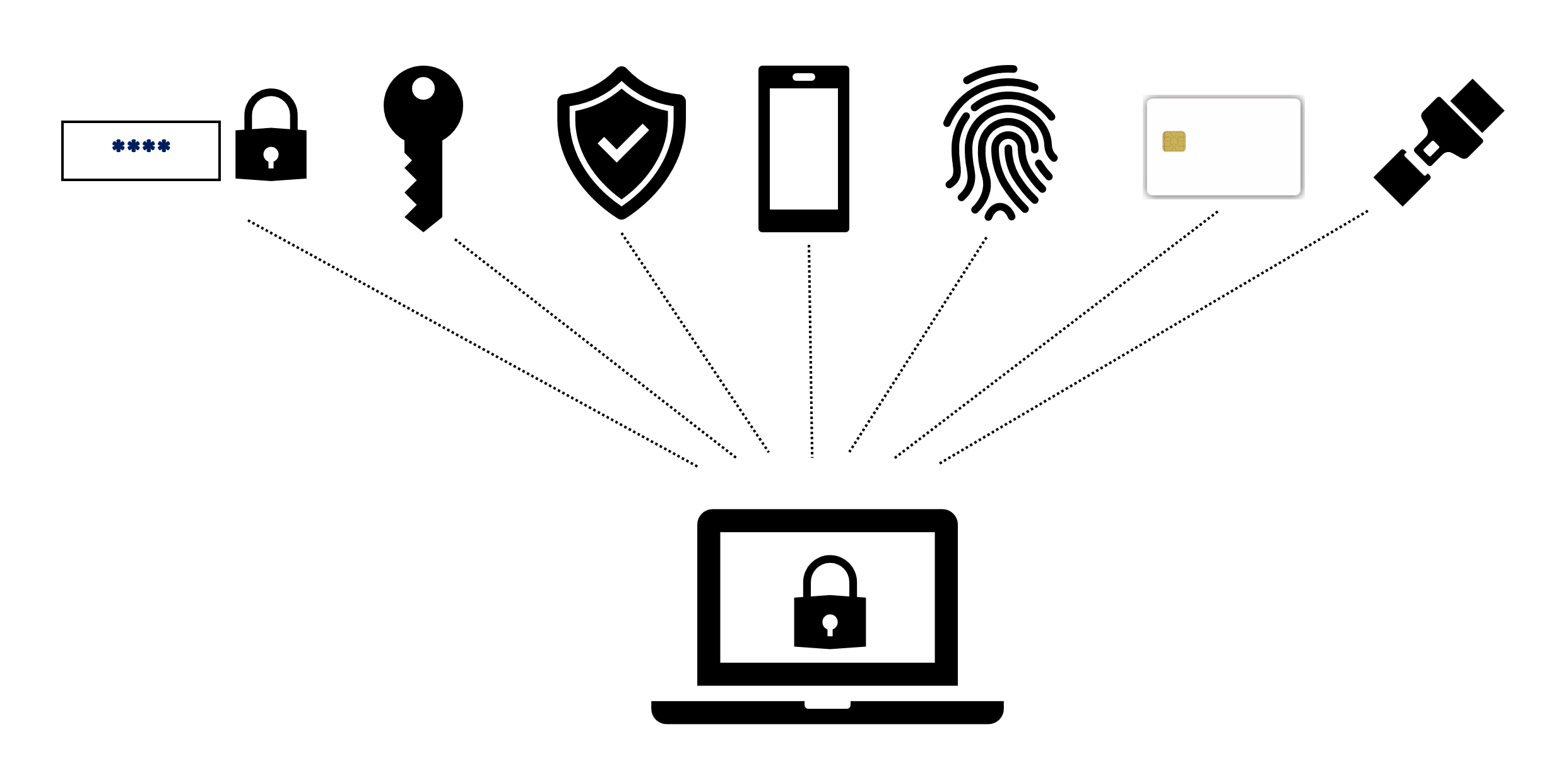Framesoft Advanced Security (FAS) represents a sophisticated security protocol that necessitates multiple forms of verification from users to grant access to a Framesoft solution. This protocol is a cornerstone in cybersecurity strategies, designed to fortify defenses against unauthorized access and cyber threats. By requiring two or more independent credentials for authentication, Framesoft Advanced Security (FAS) significantly enhances the security posture of organizations by adding depth to defense mechanisms and minimizing the risk of security breaches.
The methodology behind FAS is grounded in the principle of layered security. It extends beyond traditional single-factor authentication methods, such as passwords, by integrating additional verification factors. These factors are categorized into three primary types:
1. Knowledge Factors
Information that the user knows, such as passwords, personal identification numbers (PINs), or answers to security questions. This category relies on the uniqueness of the information known only to the user.
2. Possession Factors
Items that the user physically possesses, which could include security tokens, authentication apps on smartphones, or smart cards. These devices can generate or receive unique codes at the time of login, providing a physical layer of security that must be present during the authentication process.
3. Inherence Factors
Biometric characteristics of the user, like fingerprint scans, facial recognition, voice recognition, or retinal scans. This factor exploits the user's unique physical or behavioural traits, offering a high level of security due to the difficulty of replication.

Implementing FAS involves a strategic balance between security and usability. Organizations must consider the sensitivity of the data being protected, the potential impact of unauthorized access, and the user experience. The goal is to achieve maximum security without imposing undue inconvenience on legitimate users.
From a compliance and regulatory standpoint, FAS is increasingly becoming a requirement, particularly in sectors managing sensitive information, such as finance, healthcare, and government services. Regulations such as the Payment Card Industry Data Security Standard (PCI DSS), Health Insurance Portability and Accountability Act (HIPAA), and the General Data Protection Regulation (GDPR) highlight the importance of robust authentication mechanisms like FAS in protecting data and privacy.
Benefits
The benefits of FAS are manifold. It dramatically reduces the risk of phishing attacks, password theft, and other forms of cybercrime. By adding multiple layers of defense, FAS makes it significantly more challenging for attackers to gain access to a target's protected resources. Furthermore, it instills a greater sense of trust among users and clients, knowing that their data is safeguarded with stringent security measures.
FAS implements OAuth2-based authorization and authentication as one of its core goals, leveraging Microsoft Entra ID (formerly Azure Active Directory) to enable secure, standardized, and scalable identity management. This integration supports modern Single-Sign-On (SSO) capabilities and ensures compatibility with enterprise-grade access control frameworks across all Framesoft solutions.
In conclusion, Multi-Factor Authentication is an indispensable security solution in the digital age, providing a comprehensive and multi-layered approach to safeguarding digital assets, sensitive data, and user identities. Its implementation is a testament to an organization's commitment to cybersecurity excellence and regulatory compliance, ultimately fostering a secure, trustworthy, and resilient digital environment.
Framesoft Advanced Security (FAS) is provided as an Add-On to any Framesoft solutions such as:
- Framesoft Contract Repository (FCR)
- Framesoft Structured Products (FSP)
- Framesoft Fee Management (FFM)
- Framesoft OTC Platform (FOP)
- Framesoft Document Management (FDM)
- Framesoft Confirmation Generator (FCG)
- Framesoft Online Negotiation (FON)
- Framesoft Matter Management (FLM)
- Framesoft Document Generator (FDG)
- and more
For more information or to engage with Framesoft Advanced Security, contact us at
